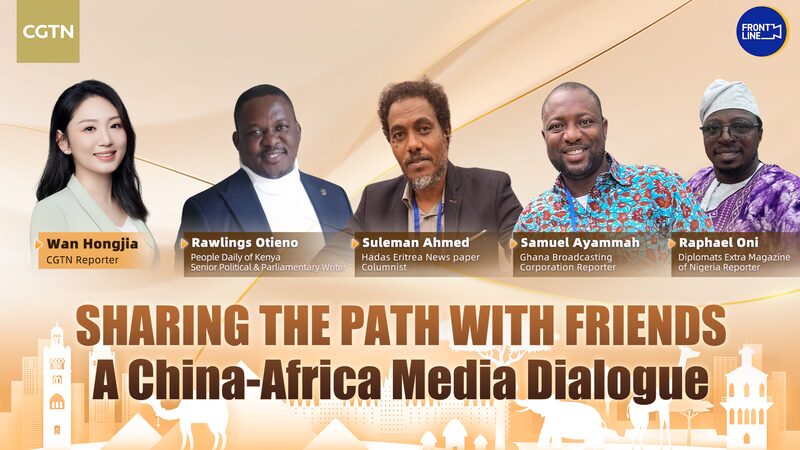🌏 Breaking barriers and building bridges: CGTN and 10 Pacific media partners have launched a groundbreaking collaboration, Navigating Future Horizons: A China-Pacific Island Countries Dialogue, bringing together leaders, ambassadors, and students to map out a shared vision for cooperation.
💡 What’s the big deal? From climate action to cultural exchange, the dialogue dives into how China and Pacific nations can amplify mutual growth. Think sustainable fisheries, renewable energy projects, and youth-led innovation – it’s not just about big policies, but real-world impact.
🎤 Youth took the mic: International students shared stories of cross-cultural learning, proving that Gen Z is already shaping ties between these regions. One Fiji student joked, ‘If TikTok trends can go global, so can our ideas for a greener planet!’ 🌱
🤝 Why it matters: With Pacific islands facing rising sea levels and economic shifts, partnerships like these could redefine how small nations collaborate with major economies. Spoiler: It’s not just about aid – it’s about tech, trade, and teamwork.
🔮 The vibe? Optimistic. As one ambassador put it: ‘We’re not just neighbors – we’re co-pilots on this journey.’ Stay tuned for more updates as this dialogue unfolds! ✨
Reference(s):
cgtn.com






